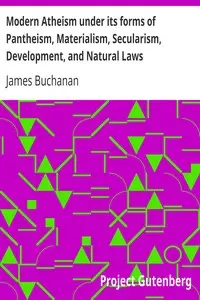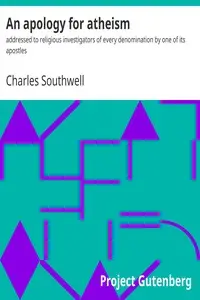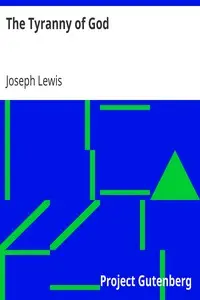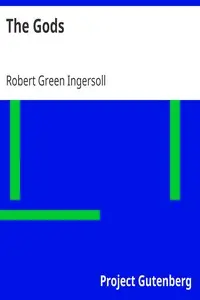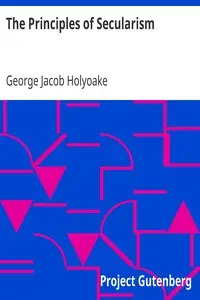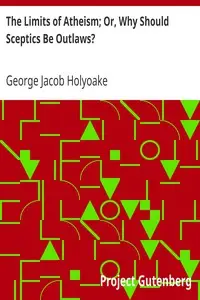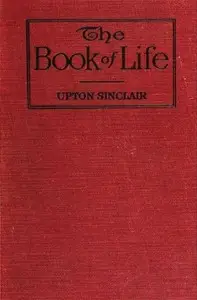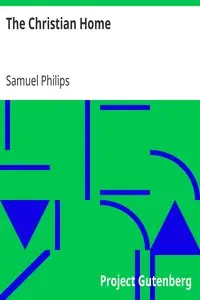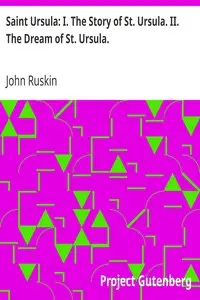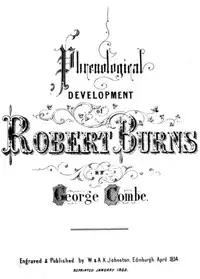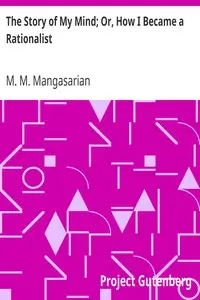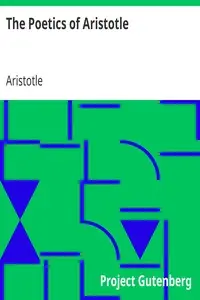"An Atheist Manifesto" by Joseph Lewis is a powerful argument against religious faith, claiming that throughout history, religion has been a barrier to knowledge, personal growth, and overall societal welfare. The book suggests that placing faith in religion encourages ignorance and anxiety, while it champions a logical perspective on life grounded in science. The author puts forward the idea that genuine fulfillment and advancement come from our collective efforts and the search for understanding, not from religious practices. Through strong criticism, it highlights how religious teachings have contributed to suffering and held back progress in society. Lewis urges people to break free from the limitations of superstition and live in alignment with humanistic principles.
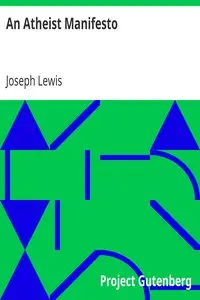
An Atheist Manifesto
By Joseph Lewis
Challenge everything you think you know and discover how religious myths can hold you back from a life based on reason, discovery, and genuine kindness.
Summary
About the AuthorJoseph Lewis was an American freethinker and atheist activist, publisher, and litigator. During the mid-twentieth century, he was one of America's most conspicuous public atheists, the other being Emanuel Haldeman-Julius. Born in Montgomery, Alabama to a Jewish family, he was forced by poverty to leave school at the age of nine to find employment. He read avidly, becoming self-educated. Lewis developed his ideas from reading, among others, Robert G. Ingersoll, whose published works made him aware of Thomas Paine. He was first impressed by atheism after having read a large volume of lectures of Ingersoll devoted to his idol Paine, which was brought to their house by his older brother.
He later credited Paine's The Age of Reason with helping him abandon theism.
Joseph Lewis was an American freethinker and atheist activist, publisher, and litigator. During the mid-twentieth century, he was one of America's most conspicuous public atheists, the other being Emanuel Haldeman-Julius. Born in Montgomery, Alabama to a Jewish family, he was forced by poverty to leave school at the age of nine to find employment. He read avidly, becoming self-educated. Lewis developed his ideas from reading, among others, Robert G. Ingersoll, whose published works made him aware of Thomas Paine. He was first impressed by atheism after having read a large volume of lectures of Ingersoll devoted to his idol Paine, which was brought to their house by his older brother. He later credited Paine's The Age of Reason with helping him abandon theism.

